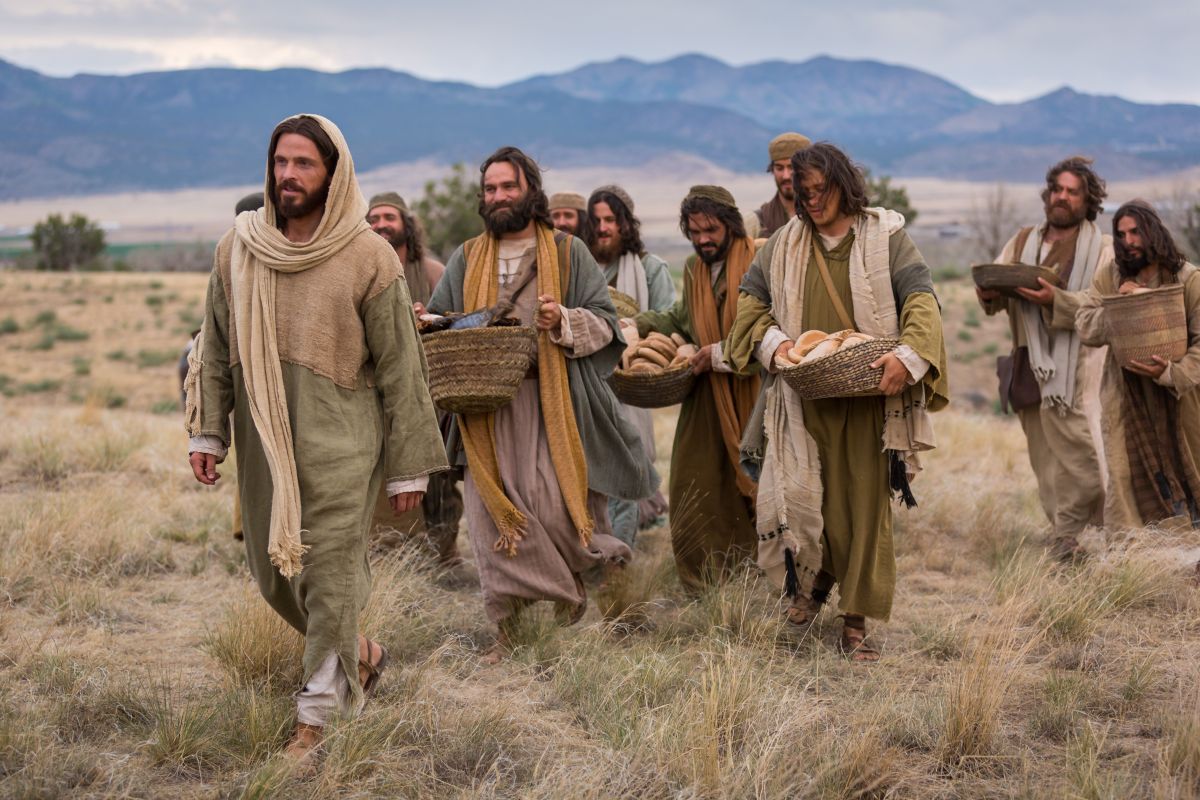
December 14, 2022 – Luke 7:19-23
Today’s Gospel page from Luke reports the same episode we heard last Sunday in the Gospel of Matthew.
While in prison John the Baptist had sent two of his disciples to ask Jesus whether it was he who was to come or whether they should continue to wait for another.
It is unclear whether John really wanted to know the answer to this question, or whether it was primarily for the benefit of his disciples. It is reasonable to assume that some of his disciples may not have felt too happy to see their leader eclipsed by an unknown newcomer. And we know well from John’s Gospel that some of the Baptist’s followers became disciples of Jesus (John 1:35).
John the Baptist knew that Jesus was the Christ and, as a prisoner, wanted his followers to follow him as their new teacher. Jesus responded to them by quoting Isaiah’s prophecy to help them understand the purpose of his healing miracles.
Moreover, John also began to doubt Jesus’ identity as the promised Messiah. He had, in fact, preached that the coming of the Messiah would begin a new era, but instead he found himself imprisoned. Perhaps he wondered why the awaited Messiah did not set him free as Isaiah had predicted (61:1).
The peaceful way in which Jesus preached, healed, and comforted was a surprise to John and to those who expected a leader and warrior Messiah. Nor did Jesus conform to popular Jewish beliefs about a rich, warrior-political Messiah who would bring political, social, and economic liberation to Israel. Instead, Jesus blessed the poor in spirit, or meek and peacemakers (5:1-11). Jesus taught his disciples to love their enemies (5:42-48).
For good workers…
As we prepare to celebrate the birth of the One to come, let us remember that Jesus’ mission to liberate the lame, the deaf, the blind, the poor, the marginalized-in all senses of these words-has yet to be fulfilled and that it is the responsibility of each of us to make our own contribution.
John (Fontiveros, Spain, c. 1542 – Ubeda, Dec. 14, 1591) is among the great teachers and witnesses of mystical experience. He entered Carmel and had a thorough humanistic and theological education. He shared with St. Teresa of Avila the project of reforming the Carmelite Order, which he implemented and lived with exemplary consistency. The Lord allowed him to suffer painful misunderstandings from his confreres. On this painful path, embraced out of pure love, he had the highest mystical illuminations of which he is the cantor and doctor in his works, “The Ascent to Mount Carmel,” “The Dark Night of the Soul,” “The Spiritual Canticle,” and “The Living Flame of Love.” Among the highest voices of Spanish lyric poetry, he is the mystic “of nothingness and everything,” a wise guide of generations of souls to contemplation and union with God.
P JOBY KAVUNGAL RCJ

